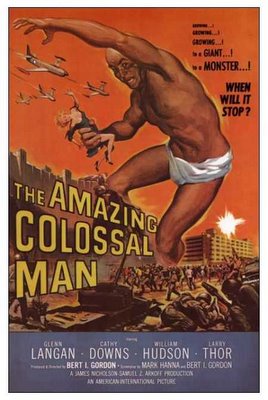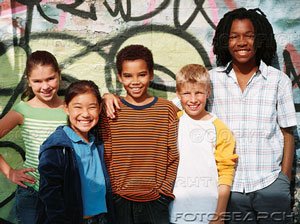Moral Budgets?
 The Prophet Jeremiah
The Prophet JeremiahJust got this from Sojourners, a magazine that is probably the nation's leading Christian voice for justice.
It's an editorial about the budget decisions now being made in Congress. More specifically, it's about the severe cuts in services for the poor that legislators may enact as a prelude to passing even more tax cuts for the wealthiest Americans.
I appreciate that some conservative legislators sincerely believe they're helping the poor in the long run by cutting basic services for the poor now and then cutting taxes on investment income for the wealthy so that more jobs will be created.
Folks lobbying for justice have to take economic growth seriously--a stronger economy does normally help poor people along with everybody else. In some situations, lower taxes on the wealthy can help spur economic growth.
But in my mind these kinds of arguments, at this point and in this situation, don't make a whole lot of sense.
The facts are that right now the wealthiest 1% of Americans control 40% of the wealth of the country. Those are "developing world" inequality numbers. And inequality in the US, by virtually every measure, has increased over the past five years.
Taxes on our wealthy are among the lowest in the developed world.
We've been spending massive amounts of money on the war in Iraq.
While I think some conservative legislators are genuinely motivated by concern for the poor, it appears to me that many more are simply following an extreme economic ideology which views tax cuts for the wealthy and cutting "discretionary social spending" as almost magical tools. That's not to say that type of economic thinking doesn't have its merits at certain times and places, because it does. It is to say, however, that this is simply not one of those times in my mind.
And certainly, there are some who believe many of these legislators are simply following the money and paying off the wealthy who pull the strings. From the point of view of human nature that kind of speculation makes sense to me, but I'll leave those conclusions to others.
Well, enough intro. I'll let Sojourners speak for itself. And whether you agree with everything they say, it's nice to hear a Christian voice speak up for the poor in no uncertain terms. If you've got anything to say about Sojourners' editorial go for it in the comments section so we can kick it around. And by all means, if you're moved by what they say, take action.
------------------------------------------------------------
"Woe to you legislators of infamous laws...who refuse justice to the unfortunate, who cheat the poor among my people of their rights, who make widows their prey and rob the orphan" (Isaiah 10:1-2, Jerusalem Bible).
There are moments in every generation when a society must decide on its real moral principles. This is one of those moments in history: When our legislators put ideology over principle, it is time to sound the trumpets of justice and tell the truth.
In the early hours of the morning before leaving for their Thanksgiving break, the House of Representatives passed a budget bill that cuts $50 billion, including essential services for low-income families. Funding for health care, food stamps, foster care for neglected children, student loans, enforcing child support orders - all fell to the ax. If the House bill prevails, more than 200,000 people will lose food stamps, people already struggling to make ends meet will have to pay more for health care, and low-income students will find it harder to pay for college loans. When they return, the House also plans to pass a tax cut bill benefiting the wealthiest people in America.
Let's be clear. It is a moral disgrace to take food from the mouths of hungry children to increase the luxuries of those feasting at a table overflowing with plenty. There is no moral path our legislators can take to defend a reckless, mean-spirited budget bill that diminishes our compassion. It is dishonest to stake proud claims to deficit reduction when tax cuts for the wealthy that increase the deficit are the next order of business. It is one more example of an absence of morality in our political leadership. "Oppressing the poor in order to enrich oneself, and giving to the rich, will lead only to loss" (Proverbs 22:16).
The religious community has already helped influence the Senate - its version of the budget cut about $35 billion, with virtually no cuts in services to low-income people. The decision to protect low-income families in the Senate was a bipartisan decision - supported by both Republicans and Democrats. The House decision to sacrifice the poor was a victory of the extreme Republican leadership over all the Democrats and moderate Republicans who voted against the harsh and punitive House bill. Congress now faces a stark choice that requires moral clarity and outrage. The differences between the House and Senate bills have to be resolved in a joint conference committee, and the result brought back to each body for a final vote in mid-December. The convictions of the religious community must be brought to bear in these next few weeks - a final bill containing the House cuts that are an assault on poor families and children must not be passed. Budgets are moral documents that reflect our priorities. The choice to cut supports that help people make it day to day in order to pay for tax cuts for those with plenty goes against everything our religious and moral principles teach us. It is a blatant reversal of biblical values. It's time to act.
Contact your legislators Call your senators and representative during their recess and over the next two weeks and demand they refuse to pass a budget cutting services for low-income people.












